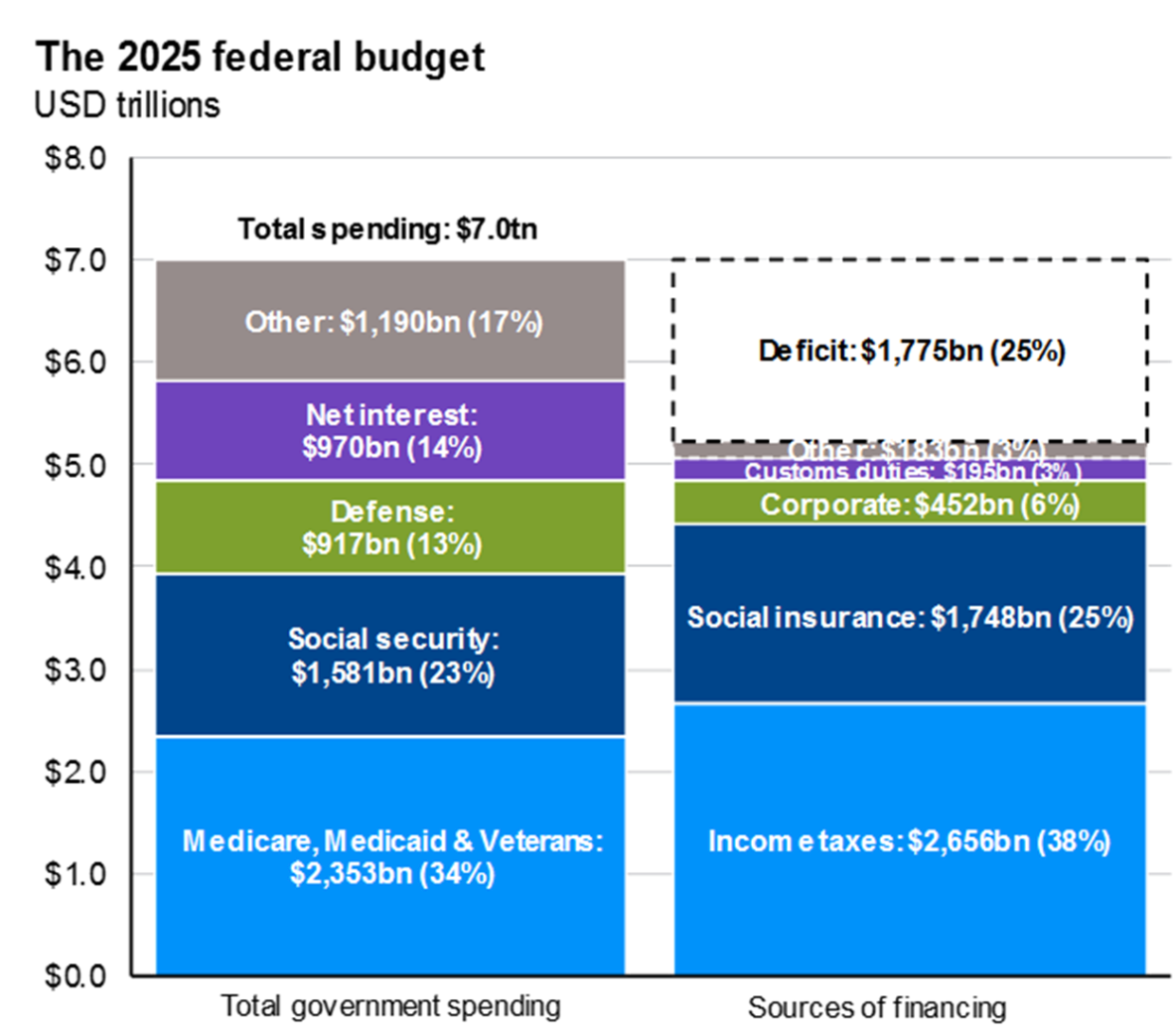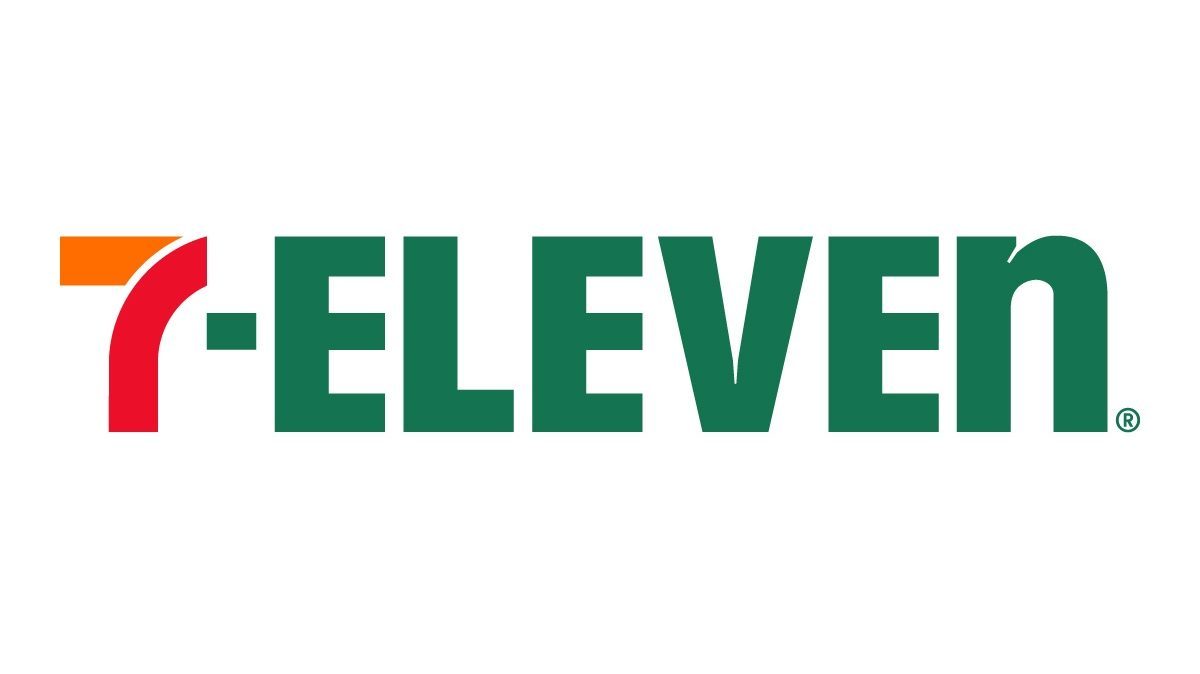Car insurance comes in handy after a covered loss, like a car accident or theft. But if your rates increased, you’ve received bad customer service, or you haven’t compared rates in a while, you might be thinking about switching car insurance companies.
Here’s what you need to know about switching car insurance after an accident:
- Steps to take after an accident
- Things to consider before switching
- Why should you switch auto insurance carriers?
- How to switch insurers easily
- When not to switch car insurance
Steps to take after an accident
After a car accident, first move your car to a safe area if it’s drivable and check for injuries. If everyone’s OK, exchange insurance and contact information with the other driver. Note what happened, and take photos of the accident scene and any cars that are involved.
Use the information to file an official report with the local police department.
Having a report can help later if the other driver decides to sue for damages, or there’s more damage to your car than you initially thought. You’ll also need the report when filing your insurance claim.
Don’t Miss: Comprehensive Car Insurance: What It Covers
Things to consider before switching
It’s possible to switch car insurance companies anytime, even when you’re in the middle of filing a claim. Your current insurer would handle the claim and send payment if it’s approved, and the new company would take over afterward.
But before switching car insurance carriers, consider the following.
The price of cancellation
Depending on your insurance carrier, you may have to pay a cancellation fee when terminating your policy. Contact your insurer and ask whether they charge this type of fee and how much it is.
If your policy expires soon, you may decide to hold off on the switch to avoid the fee.
But if your monthly savings outweigh the cost of the cancellation fee, it may make sense to switch car insurance companies.
Tip: Be sure to start your new coverage right before your current policy ends.
Whether you’re due a refund
If you paid your premium in full, you may get a prorated refund when you cancel coverage early. Contact your insurer to ask how much you’ll get back and whether they’ll subtract any fees from the balance. Also check how the company refunds your money and how long it will take to arrive.
The price of the new insurance policy
Before switching companies, you’ll want to know if it makes financial sense. Get car insurance quotes from several insurers to find out what you’ll pay elsewhere.
Compare the same type of coverages, limits, and deductibles to ensure you’re making an accurate comparison.
You’ll need enough coverage to satisfy state requirements, but you may want to increase your limits or add coverage based on your car’s value, personal assets, or lender’s requirements. Once you gather quotes, use them to negotiate your premium cost with the insurer.
Compare car insurance from top carriers- Fully online: Buy car insurance coverage instantly
- Compare quotes from highly rated car insurance carriers in your area
- No spam, phone calls, upselling, or fake quotes
Get Insurance Quotes Now
Notify your lender
If you’re still paying off a car loan, call your loan servicer and let them know about the switch. They may need to know details, such as:
- Insurance company’s name
- Coverage start date
- Policy number
- Type of coverage
- Policy limits
Why should you switch auto insurance carriers?
You may come out ahead when switching auto insurance carriers. Another insurer may help you with one or more of the following:
Save money on insurance premiums
Your car insurance premium may climb if you’re at fault in a car accident.
But every insurance company has a different way of setting rates, so you could find a less expensive policy elsewhere with the same coverage limits.
Get better customer service
Cost isn’t the only important factor when choosing car insurance. You’ll want to know whether or not the company has a reputation for quickly processing claims, answering questions, managing payments correctly, and communicating well with policyholders.
Choose from more payment options
Flexible payment options can help you better manage your budget. For instance, some insurance companies allow you to split your premium payments into monthly or quarterly installments. Also, you may save even more by getting a discount for paying in full or setting up automatic payments.
Qualify for more discounts
Every insurer offers a different menu of discounts and sets their own criteria for who qualifies.
For instance, you may save money if you recently got married, earned a degree, reduced your commute, or experienced other life changes that could affect your rates.
Learn More: What Is Temporary Car Insurance?
How to switch insurers easily
Your new car insurance company may raise your rates if you have a lapse in coverage, so it’s important to start your new policy before canceling the old one. Here’s how to switch insurers easily:
- Start the new policy. Contact your new insurer and set up a new policy. Confirm the start date so you can time the cancellation of your current insurance policy.
- Choose your payment schedule.
Typically, paying in full can help you get a discount on your premium. But if that option would strain your budget, you may be able to break up the premium into monthly payments.
- Use a credit card to pay your bill. Charging your new policy to your credit card means the money won’t come out of your bank account until the credit card bill is due. This may help you better afford coverage when you’re temporarily paying for two policies at once.
Just be sure you can afford to zero your credit card balance before interest tolls.
- Cancel your old policy. Once the new insurance policy is in effect, cancel the old one right away. Getting this process started can ensure you’ll get your refund quicker.
Tip: If you found a good rate on car insurance but can’t make the switch immediately, save your insurance quote for later. Use it to negotiate the price when you’re able to switch companies.
When not to switch car insurance
Getting a new car insurance policy isn’t always the best move.
Here’s when you might tap the brakes on switching companies:
If you had a recent accident or ticket
A traffic violation or an accident where you’re at fault may cause your rates to increase. However, insurers typically only change rates at renewal time. If your policy won’t renew for another few months and you’d pay a higher rate elsewhere, it might be best to stay with your current insurer for now.
If you enjoy valuable discounts
Some insurance companies offer discounts for long-term customers or for those who bundle two or more policies. Consider whether these discounts outweigh the savings you might get with another policy.
If you qualify for exemptions
Some car insurers offer accident forgiveness, which means the company won’t factor an accident into the calculation of future premiums.
This could save you thousands of dollars if you have accidents on your driving record, but the benefit is usually only offered to long-term customers. You could lose access to this type of exemption when you switch companies.
Keep Reading: Full Coverage Car Insurance: What Does It Mean?
Need car insurance?
The Credible marketplace, which includes insurance services by Young Alfred, makes it easy to find a carrier and policy that’s right for you.
- Fully online — Fill out all insurance forms online and buy auto coverage without ever picking up the phone. If you have any questions, Young Alfred offers 24/7 customer service.
- Save time, money, and effort — Compare quotes from highly rated car insurance providers in your area — it’s fast and easy.
- Data privacy — Your information is kept safe and secure. We don’t sell your information to third parties, and you won’t get any spam phone calls from us.
Get Insurance Quotes Now
Disclaimer: All insurance-related services are offered through Young Alfred.
The post Switching Car Insurance After an Accident appeared first on Credible.
Original Article





